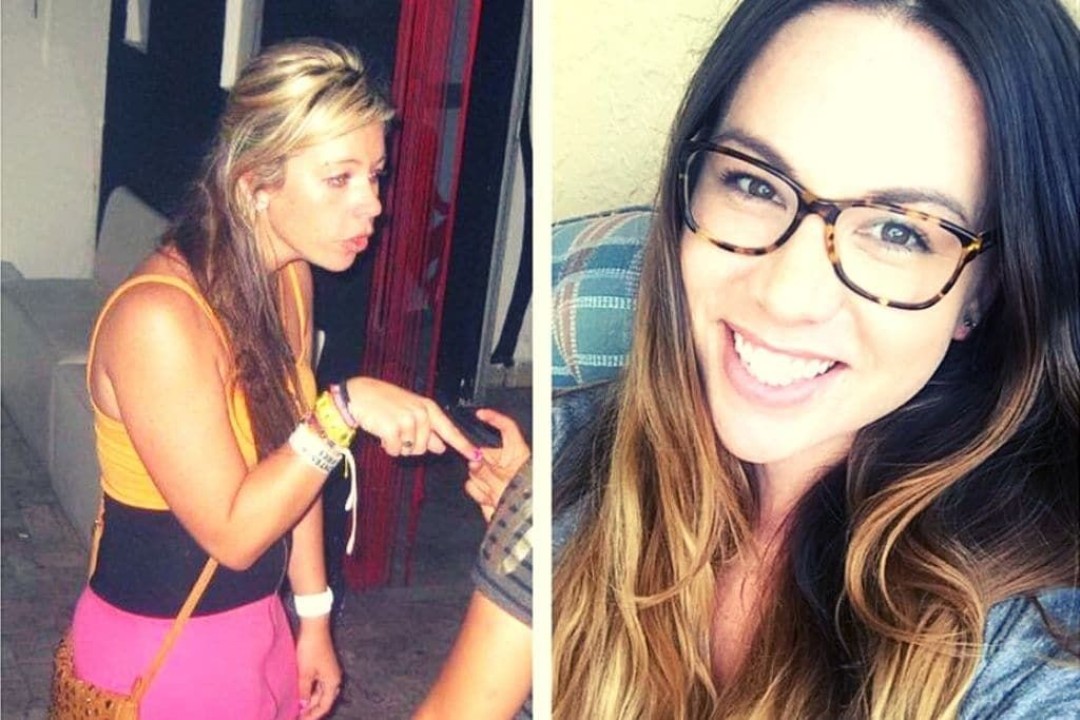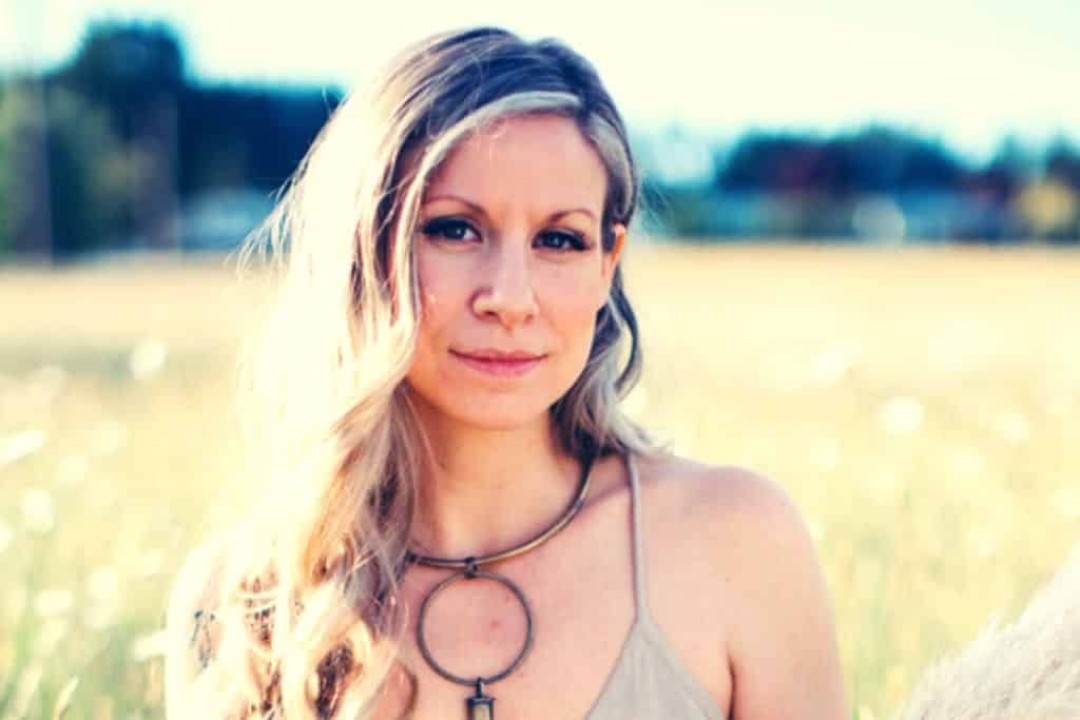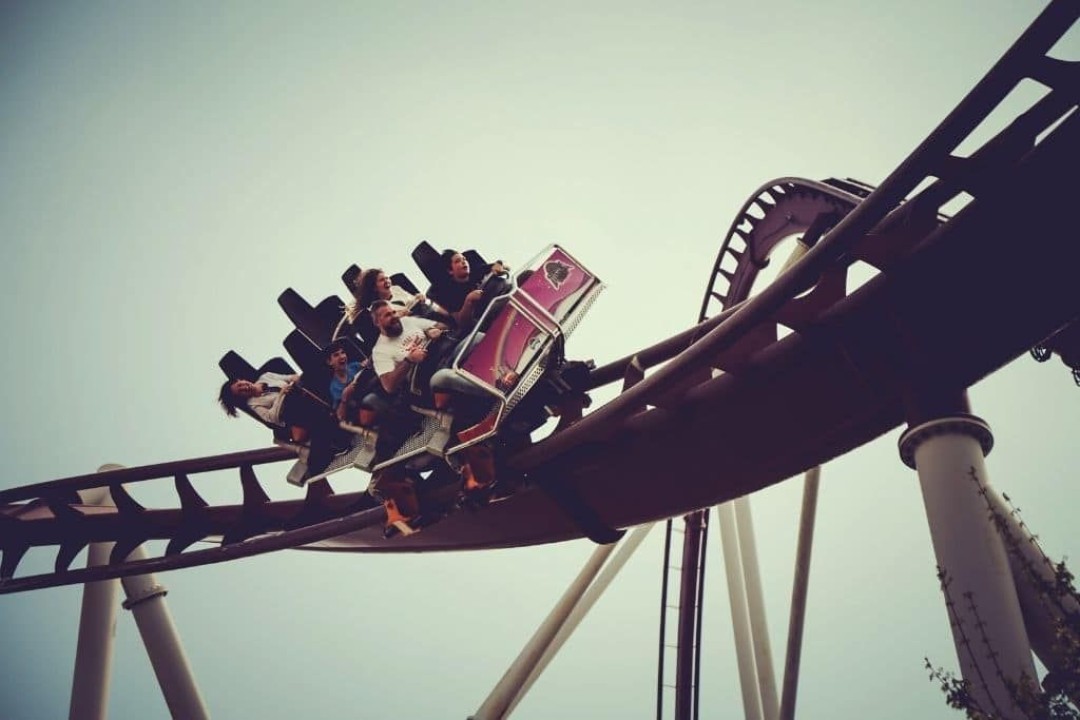Sober Story: Sue
February 12th, 2021 Interviews 12 comments

This week’s Sober Story comes from Sue, who lives in Christchurch.
======
Mrs D: How long have you been in recovery?
Sue: 22 years
Mrs D: Wow that’s fantastic! Can you remember what it was like for you in the final days of your drinking?
Sue: Last 12 months before stopping; Repetitive, Emotional disregulation, repetitive behaviour, memory blackouts, the worst hangovers, loss of work, loss of self, also a lot of fun.
Mrs D: What was the final straw that led you to get sober?
Sue: Drinking Lindeur at my birth son’s adoptive father’s 50th, insulting the band and some of their friends, blacking out, falling asleep under a tree, waking up covered in welts, many desperate messages on my phone from the adoptive mum asking my partner to collect me as I was causing havoc. Especially awful as my partner’s elderly mother was visiting from the UK and witnessed my drunken behaviour, along with my 9-year-old son who I adopted out.
Mrs D: That sounds hard. Great you quit. What was it like in the early days?
Sue: They were strange days but full of clarity. I felt a sense of isolation but had continued growth. I was surprised at how little verbal support I had from significant others. I had to dig deep and hang on tight.
Mrs D: Were all your friends and family unsupportive?
Sue: I apologized to those who I upset and explained I was alcoholic and addressing it once and for all. I also had the impression that for certain family members, along with the odd friend, they felt more secure within themselves if I stayed an active drinker. We learn a lot within early recovery, who really wishes us well and wants us to flourish.
Mrs D: True that. Have you ever relapsed?
Sue: Yes I did for 5 months after I left my partner, moved to a new town and found that going to the pub and forming new friendships with drinkers was easier than dealing with reality. But the hangovers and regretful behaviour heightened and so I stopped completely.
Mrs D: How long did it take for things to calm down for you physically and emotionally?
Sue: Physically I was much fitter and healthier, without a doubt. Emotionally I was happier every day that alcohol didn’t feature, I came along in leaps and bounds, had a new improved journey of self-discovery. Self-forgiveness was big too.
Mrs D: What about socially, how did you find going out without a drink in your hand?
Sue: I always enjoyed live music and pubs and so went straight back into this environment and found it fine, nice to have a clear head the next morning, cringe worthy observations at other women when intoxicated. I wasn’t impulsive any longer; No more dancing by myself on the dance floor, asking men to buy me drinks, insulting complete strangers or promising everlasting friendships with people I wouldn’t remember speaking to the next day.
Mrs D: What did you learn about yourself?
Sue: I had a lot of new realisations; that I had confidence without alcohol, who really cared about my growth, a lot of awareness about my childhood and how that impacted on my drinking, that I loved myself, whereas before I don’t think I felt I deserved to feel that, emotional sabotage and that I may want to embark on a career in counselling at some point.
Mrs D: How did your life change?
Sue: I focused on being the best mother possible and developed a new focus on my career. I spent a lot of time ruminating on my internal representation of my childhood and how this shaped my drinking and choices. I eventually needed a break from my mum as anger and negative emotions overwhelmed me. This also allowed a vast amount of emotional growth which was painful but necessary.
Mrs D: That sounds pretty huge. Can you pinpoint what this emotional growth entailed?
Sue: Alcohol was a wonderful mask for me feeling naturally shy. Initially it served it’s purpose and I would dance, sometimes by myself, sometimes with complete strangers. As my alcoholism progressed so did my outlandish behaviour, which was incongruent to who I was. I would try and befriend complete strangers; we would sail the 7 seas together, be there to the end for each other, then half an hour later insult someone over nothing. I would often wake up with not only the physical symptoms of alcoholism, but the emotional rumination due to the memory blanks, so I lived with an ever-rising fear that if I continued to drink I would put myself in danger and may well loose my self-respect as well as my mind. I would walk holding my head with shame and wonder who I had flirted or offended the previous night. I had a self-defeating and self-loathing stance on life. Once I stopped drinking I knew that I needed to embrace all that life had to offer, and face it head on with fortitude and bravery. And so I walked back into the very bar where I had often misbehaved and would watch my boyfriend play in a band, still found I could talk to folk, made friends, still danced by myself and felt ok within my own skin. No nasty mind blanks, hangovers. I did however pickup on some disconnect between me and my partner and I came to realise that part of the reason my drinking was escalating was that I was unhappy in my relationship, and had been for sometime. Drinking masked the truth.
Mrs D: It always does.
Sue: Sobriety during early recovery can feel lonely, isolating and surreal. There is no longer a party going on inside the head which allows a state of detachment. During the first 3 months my internal representation consisted of the sharp and pressing truth that I needed to more from a relationship. My partner knew that I had a significant drinking problem, along with the fact I was a hardworker and an awesome mother who’d had to endure too many traumas within the early years. Not once during our 8 years together did he suggest I seek help or try and manage my drinking. Once I had processed this to the point that I couldn’t take it any further, I found the courage to leave him. I wouldn’t have had the clarity nor strength to achieve this if I had continued to drink. Consequently we have been apart for 16 years, we share a beautiful girl and a gorgeous grandchild. He was a good father and we ensured that the first 5 yrs of her life had a solid and happy foundation. My drinking really got in the way of family life within the last year. He has a significant drinking issue at this present point in time and we are all supporting him closely.
Mrs D: What other learnings did you take on in sobriety?
Sue: Gosh, so many! The world and life was suddenly very clear, like waking up from a dream.-Self-love
-That I was unhappy in my relationship
-A lot of time spent digging really deep re. my mother and how neglectful she was in her approach to our childhoods, how she put me in danger with the company she kept, how wrong it was to allow a 12 year old to stay home from school, drink run, smoke dope and associate with loosers that were 10 years older than me. I was bombarded with flashbacks and raw emotions re. my childhood, and eventually had a break from mum as I needed to find a way to integrate the wrongs of my childhood into a resourceful state of being within adulthood.
-That I loved every minute of being a Mum and a valued member within a community.
-That I felt healthy.
-That I had potential to strive towards a career, I proceeded to work on some extra mural papers, working towards a vocation in counselling, equally amazed when I achieved good grades.
-That I was just as brave towards speaking up for others when I was sober, it just made more sense.
-That life was a lot more simpler, choices were final and I had a growing sense of self.
-That I would never be able to drink again, and nor would I want to, life was awesome without it!
Mrs D: I love this!! So happy for you!! Would you do anything differently given the chance to do it again?
Sue: I’d stop drinking sooner, share the pain, and probably see a counsellor. Now that I am one I know the benefits of vocalising the process.
Mrs D: Any tips for those who are just starting out?
Sue: We are all carrying a bag of rocks, alcohol only makes the bag heavier. Don’t judge others within their drinking behaviour, rather gently speak about it once they are sober. I would have appreciated some form of support in hindsight. Everybody has a different process within reaching finality to their relationship to alcohol, lapse and relapse are common. Be kind to yourself. Sleep, eat, exercise – fundamentals are imperative. Work is good protective factor, and all around it, the days are short. Plan your recovery, be prepared to filter out those whose intentions aren’t wholesome, and be prepared to plant new seeds and healthier friendships. At times it’s all a bit strange but you are up for this life and deserve happiness and that alcohol just holds you back from evolving at full capacity.
Continue reading
Sober Story: Kelly
"Physically I was bloated, exhausted and felt like crap for a few weeks. Then slowly I began feeling better every day and I would say by 90 days I started feeling like a new woman."
November 27, 2021 – 7 comments
Sober Story: Taryn
"I wasn’t a daily drinker, but I was a binge drinker and my drinking was usually accompanied with drug use, as well. The last months of my drinking/substance use were very chaotic."
July 15, 2022 – 5 comments
It's all relative
Member @freebreezi posted this in an update in the Members Feed last week and I was really struck by it.
October 19, 2014 – 17 comments


